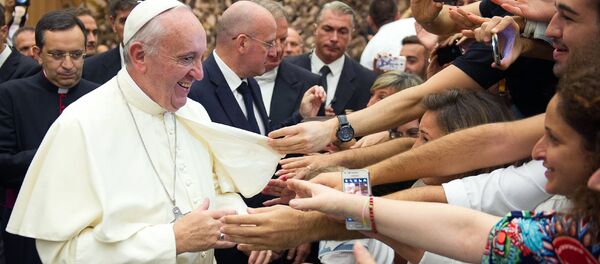The United Nations-brokered accord for a national unity government in Libya that was signed by Libya political representatives in Morocco on December 17 is a framework for establishing representative government institutions and rebuilding the country, Kevin DeJesus, Assistant Professor at Johnson and Wales University, told Radio Sputnik.
"It will create an inclusive political process that enables the parties to the conflict to move forward with a government that is able to cooperatively create a situation in the country where a new government is formed, institutions of government are created, and the process of people choosing their government and the business of governance moves on."
"Materializing borders and those kinds of things that are much more containable is a challenge so of course it certainly is a threat, and of course it is the lack of state government process that allows for full territorial borders to manifest this threat, and that's why we've seen it in Iraq, that's why we've seen the rise of Daesh in Syria and Libya and other places."
"In terms of Libya not wanting international airstrikes or any kind of international involvement in that way, in terms of military action, that means that the state is seeking to reconstitute its military in that way and move it to a spatial spread that allows it to control the territory."
"It's a very difficult process," said DeJesus, when asked about the prospects for Libya's reconstruction, and referred to Afghanistan and Iraq as examples of the problems of rebuilding states in the region.
"Efforts to create political processes that are inclusive and enable identity groups as well as political coalitions and these kinds of groups to find their fit into a political process is something that has very uneven results, so time will tell how the government is able to move forward."




